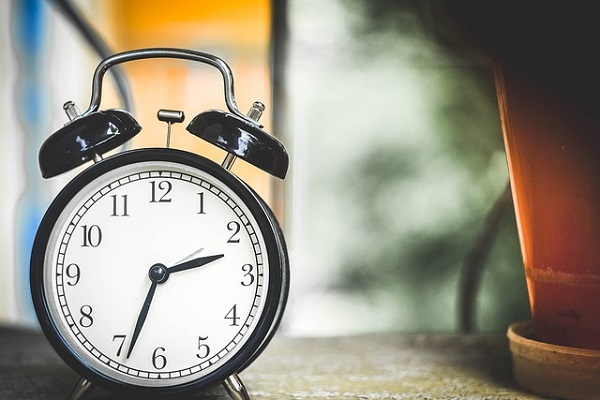 Credit: Pixabay
Credit: Pixabay
On Sunday 27 October 2024, at 02:00, the clocks once again “fall back”, or move back one hour.
Known as daylight savings time (DST), the changing of clocks in summer and winter ensures more daylight hours. In winter, this means sunrise arriving earlier.
The idea of changing the clocks to take advantage of natural light was first proposed in the late 1700s but it was not until a century or so later that the idea really took off. It is believed that British man William Willett campaigned for the change. An interesting bit of information is that Mr Willett is the great-great-grandfather of Chris Martin, of the band Coldplay, and “Clocks” is one of the band’s most popular songs.
Most of Europe and North America as well as parts of South America and Australasia practise DST; however, not all do so on the same date. Many countries in Asia and Africa, however, do not change time. All EU countries are obliged by law to change their clocks twice a year.
Opinions are divided regarding the need for DST, with some stating that in winter the earlier sunrise is necessary and safer as people commute and move about in the mornings. Farmers and those involved in the agricultural industry also welcome brighter mornings. However, there are many who believe that DST is detrimental to people’s health. Arguments put forward include the upset to the normal sleep pattern as a result of DST. This can lead to various health issues including an increased risk of heart attack and stroke.
Maintaining DST has been debated in the European Parliament with a vote in favour of ending it in 2021 adopted in 2019. Member States were to decide if they would remain on winter or summer time permanently. However, the reforms have yet to happen. A group of cross-party MEPs have recently raised the issue once again with European Commission President, Ursula von der Leyden.
For now, however, many will welcome the extra hour under the duvet on Sunday morning. But DST does impact certain groups. Parents of babies and young children have to adapt and wait for their children’s biological clocks to adjust to the time change. Teenagers, and many adults, can also find the change in sleep schedule difficult to manage. Pets do not understand the concept of DST and owners may find the early morning walk becomes even earlier for a time. Another group affected are night workers.
Adjusting routines by ten to fifteen minutes daily for a few days before DST begins is advised to minimise the impact.








